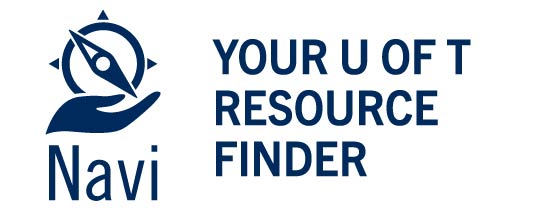Visiting Graduate Students (IVGS)
What is IVGS?
The IVGS program was designed to accommodate graduate-level students enrolled in a program at a foreign university and wishing to conduct research at the University of Toronto. For more information, including admissions procedures and timelines, please refer to the University of Toronto School of Graduate Studies.
In addition to the IVGS Study Abroad Agreement form (Available here from SGS), IVGS applicants should also complete the IVGS Intake Form (See link below to the mandatory form) to receive advice about the best immigration pathway, because it can varies depending on the nature of the research, period visiting Canada and a few other details that might important.

IVGS Intake Form
Please complete the form linked below so that our team can provide you with advice regarding the necessary Canadian immigration documents.
Possible IVGS immigration pathways
The most appropriate immigration pathway will be determined by Immigration, Refugees and Citizenship Canada (IRCC), but our team can give you informed guidance based on you completing the intake form above.
